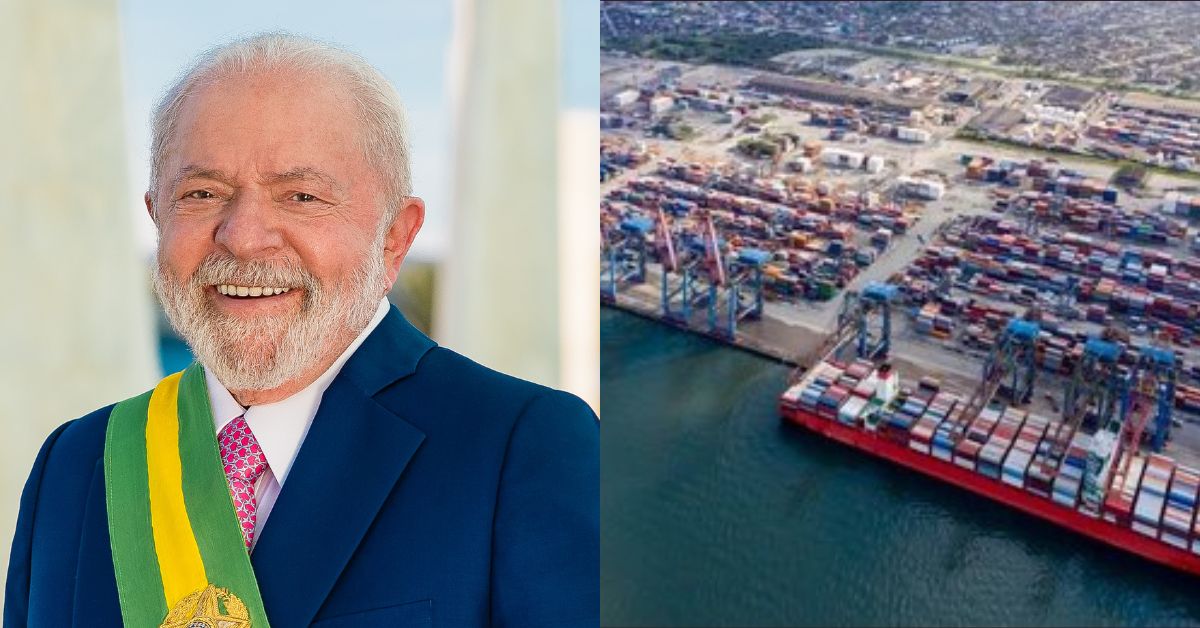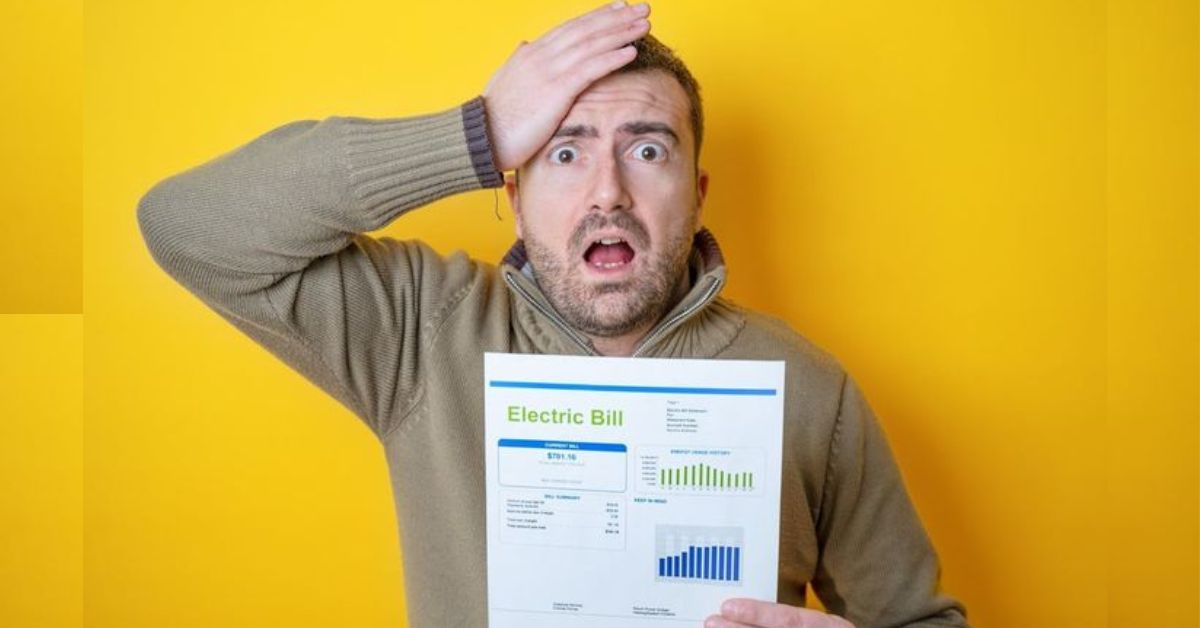On August 12, 2025, Brazil unveiled a significant financial initiative to support its exporters grappling with steep U.S. tariffs. President Luiz Inácio Lula da Silva announced a 30 billion reais ($5.55 billion) credit package aimed at helping companies navigate the economic challenges posed by a recent U.S. decision to increase tariffs on Brazilian goods to 50%. This move, coupled with Brazil’s filing of a dispute at the World Trade Organization (WTO), underscores the country’s efforts to protect its export-driven economy. This article examines the details of the initiative, the context of U.S.-Brazil trade tensions, and the potential implications for Brazilian businesses.
Context of U.S. Tariffs on Brazilian Goods
The United States, a key market for Brazilian exports, raised tariffs on a wide range of Brazilian goods from 10% to 50% earlier in August 2025, according to Reuters. This decision, part of a broader U.S. trade policy under President Donald Trump, aims to address perceived trade imbalances and pressure countries engaged in trade with Russia, particularly in light of the ongoing Russia-Ukraine conflict. Brazil, a major exporter of crude oil, steel, and agricultural products like coffee and beef, sent approximately $20 billion worth of goods to the U.S. in the first half of 2024, per the Center for Strategic and International Studies (CSIS).
The tariff hike, effective August 1, 2025, has raised concerns about its impact on Brazilian industries. While exemptions were granted for certain products, such as orange juice and aircraft, the increased duties affect critical sectors like semi manufactured steel ($4.9 billion in 2024 exports) and green coffee ($1.9 billion). The U.S. move has strained bilateral trade relations, with a planned Treasury level meeting in Washington canceled, signaling deteriorating ties, as reported by DeepNewz.
Brazil’s Response: A $5.6 Billion Credit Package
In response to the U.S. tariffs, President Lula announced a comprehensive support plan during an interview with BandNews on August 12, 2025. The initiative includes a 30 billion reais ($5.55 billion) credit line to assist exporters, particularly small and medium-sized enterprises, which are less equipped to absorb the financial strain of higher tariffs. The plan, set to be formalized by an executive order on August 13, 2025, at an event in Brasília, also incorporates government purchases to bolster affected firms.
Finance Minister Fernando Haddad emphasized that the package aligns with Brazil’s 2025 budget framework. The funds will be sourced from the Export Guarantee Fund, managed by the state development bank BNDES, and will include loan extensions and guarantees to help companies maintain production and jobs. Lula stressed the importance of supporting smaller businesses, noting, “The big ones have more power of resistance,” and highlighted efforts to diversify export markets to reduce reliance on the U.S.
Key components of the support package include:
- Credit Access: 30 billion reais in loans to help exporters offset increased costs from U.S. tariffs.
- Government Purchases: Direct procurement to sustain production and protect jobs in affected industries.
- Market Diversification: Efforts to expand trade with alternative markets, such as Asia and Europe, to mitigate U.S. market losses.
- Export Guarantee Fund Overhaul: Reforms to enhance the fund’s ability to provide loans and financial guarantees.
The announcement has garnered domestic support, with congressional leaders invited to the signing ceremony, signaling broad political backing for the initiative.
Brazil’s WTO Dispute and Diplomatic Strategy
In addition to the financial package, Brazil has escalated its response by filing a dispute at the WTO, challenging the legality of the U.S. tariffs. The move reflects Brazil’s view that the 50% duties are unjustified and violate international trade agreements. According to DeepNewz, the cancellation of a planned Treasury-level meeting with U.S. officials highlights the growing tension between the two nations.
Brazil’s diplomatic strategy draws lessons from other countries, such as Mexico, which secured tariff postponements through discreet negotiations, as noted by CSIS. Brazil is exploring a dual approach:
- Confrontational Measures: Pursuing the WTO dispute and considering reciprocal tariffs, such as on U.S. corn ethanol or streaming service tax exemptions.
- Discreet Diplomacy: Engaging in technical dialogues with the U.S. Trade Representative and leveraging multinational executives to negotiate tariff relief.
This balanced approach aims to protect Brazil’s economic interests while avoiding a full-scale trade war with the U.S., its second-largest trading partner after China.
Economic Impact of U.S. Tariffs
The U.S. tariffs are expected to have a significant impact on Brazil’s export-driven economy. The U.S. absorbed $20 billion in Brazilian goods from January to June 2024, with crude oil ($6 billion), steel products ($4.9 billion), and agricultural goods like coffee and beef being major contributors. The tariff hike could lead to:
- Increased Costs: Higher duties raise the price of Brazilian goods in the U.S., potentially reducing demand and squeezing exporter margins.
- Market Shifts: Companies may face challenges redirecting goods to alternative markets like China or the EU, where competition is fierce.
- Inflationary Pressure: A stronger U.S. dollar (reaching R$5.6 in July 2025) and reduced export revenues could fuel inflation, per CSIS.
Industries like steel and agribusiness are particularly vulnerable. For example, U.S. refineries rely on Brazilian crude oil for blending with lighter shale oil, and higher tariffs could increase refining costs. Similarly, Brazilian steel exporters risk losing access to premium U.S. markets for slabs and coils.
Political Dynamics in Brazil
The tariffs have sparked domestic political debate. President Lula’s administration has framed the U.S. action as a challenge to Brazil’s sovereignty, reinforcing a “Brazil belongs to Brazilians” narrative to rally support ahead of the 2026 elections. Conversely, opposition figures, including former President Jair Bolsonaro, have criticized Lula’s foreign policy, particularly his push for BRICS expansion, as contributing to the U.S. decision. Bolsonaro’s son, Eduardo, reportedly lobbied Trump on behalf of his father, according to CSIS.
The Agriculture Parliamentary Front, aligned with export sectors, has called for a cautious response, highlighting the need to protect agribusiness, which accounts for significant exports like green coffee ($1.9 billion) and beef ($885 million). Lula’s government faces pressure to balance domestic political demands with international trade negotiations.
Global Trade Context
The U.S. tariffs on Brazil are part of a broader protectionist policy affecting over 60 countries, with duties set to take effect in August 2025. While some countries, like Japan and South Korea, secured exemptions through negotiations, Brazil’s reliance on U.S. markets makes it particularly exposed. The U.S. goods trade surplus with Brazil reached $7.4 billion in 2024, a 31.9% increase from 2023, underscoring the importance of this trade relationship, per the United States Trade Representative.
Brazil’s response aligns with global trends, as other nations like the EU have faced similar tariff pressures. The EU confirmed that its chip exports to the U.S. face 15% tariffs, lower than the anticipated 100%, suggesting room for negotiation, as noted by Dissenter. Brazil may seek similar concessions, particularly for sensitive products like steel and pulp.
Looking Ahead: Brazil’s Economic Strategy
Brazil’s $5.6 billion package is an initial step to mitigate the tariff impact, with potential for additional measures if trade disruptions intensify. The government is exploring currency swap agreements and export credit equalization programs to protect supply chains reliant on imported inputs. The focus on small businesses reflects a priority to preserve jobs and economic stability in sectors hit hardest by the tariffs.
Analysts on X have noted that Brazil’s response could lead to margin compression for exporters but may also accelerate efforts to diversify trade partners, potentially strengthening ties with Asia and Europe. The WTO dispute and diplomatic efforts will be critical in determining whether Brazil can secure tariff relief or face prolonged trade challenges.
Conclusion
On August 12, 2025, Brazil announced a 30 billion reais ($5.55 billion) credit package to support exporters facing U.S. tariffs raised to 50% from 10% in August 2025. The initiative, to be formalized on August 13, includes loans, government purchases, and reforms to the Export Guarantee Fund. Brazil also filed a WTO dispute, reflecting strained U.S.-Brazil trade relations after a canceled Treasury meeting. The tariffs impact key exports like steel and crude oil, prompting Brazil to seek alternative markets and negotiate diplomatically. The package aims to protect small businesses and maintain economic stability amid global trade uncertainties.
Sources & References:
- Reuters
- DeepNewz
- Center for Strategic and International Studies
- Baha News
- United States Trade Representative
- Dissenter
Author
-

Tyler Grayson brings global events to your screen with clarity, depth, and context. With a background in political science and international relations, Tyler covers diplomacy, global conflicts, climate issues, and major policy shifts with a balanced, facts-first approach. His reporting connects the dots between headlines and their real-world impact.







